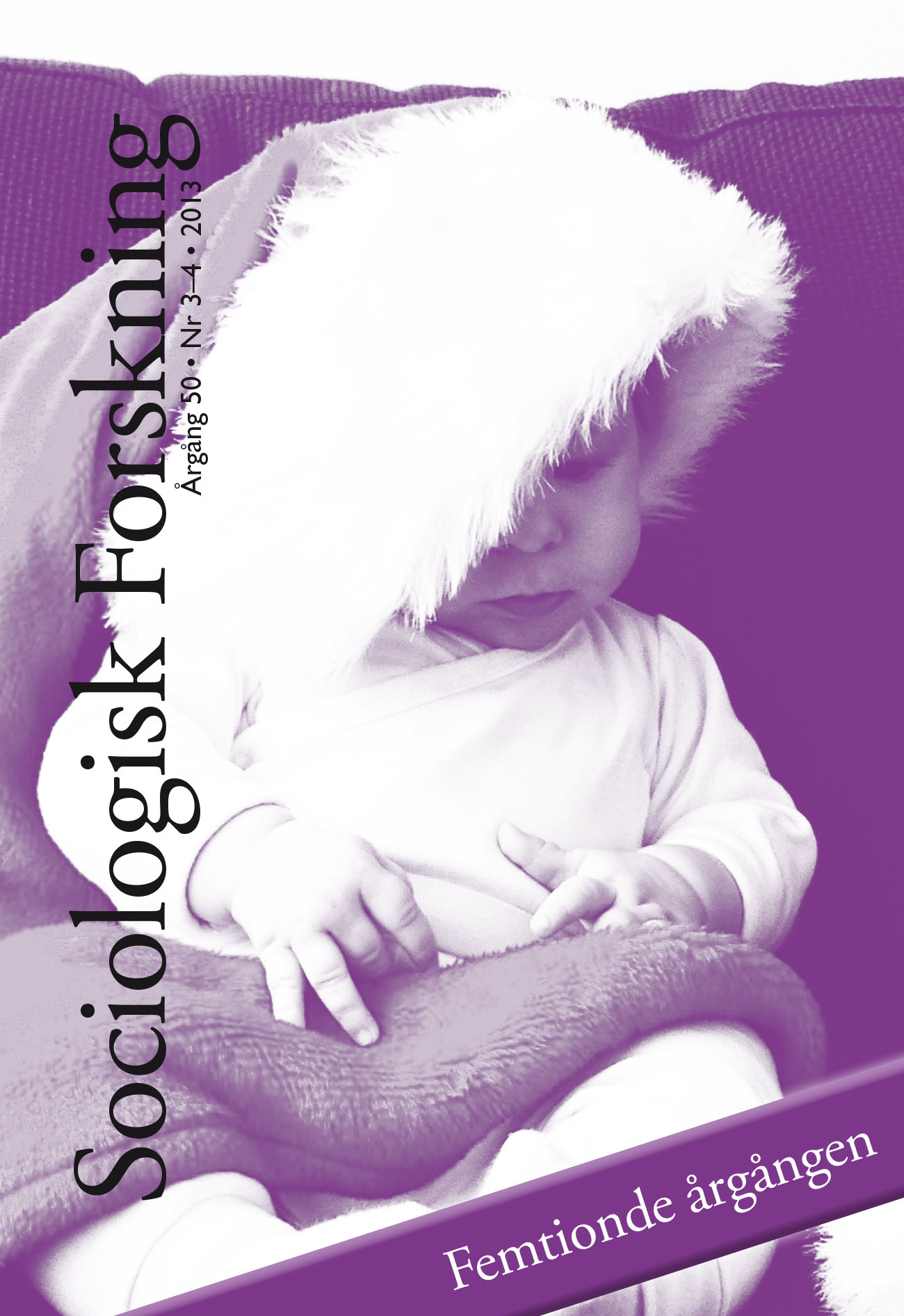Biopolitik, civilsamfund og ’politisk eskatologi’
Foucaults mistillid over for befolkningens indre kræfter
DOI:
https://doi.org/10.37062/sf.50.18383Keywords:
Foucault, civil society, biopolitics, political eschatology, the stateAbstract
Biopolitics, Civil Society and Political Eschatology: Foucault’s distrust in the population’s inherent forces
Michel Foucault’s scepticism toward discourses on the organic vitality of populations is not only explainable by his attention to the dark ‘underside of biopolitics – the risks of persecution of individuals, who threaten the population’s vitality from the inside. Moreover, it should be understood in light of Foucault’s acute sensitivity to the deep-seated, conflict-ridden nature of the population in terms of its inherent potential for cultural clashes, violent struggles, suspicions, hatred, or, in short, the perpetual conflicts of civil society. Foucault’s work led him to a position of ambiguous support for the state and to a more evident distrust in the forces of the population. He used the term “political eschatologies” about antipolitical visions that pronounce the end of politics in a final accord where social contradictions dissolve and the community will prevail over the state. Foucault played on the religious significations of the term, especially in regard to the religious, fanatic rejection of the duality between state and civil society, a rejection that rests on the belief in a completion of historical and political time and the final salvation of all in “the city of God”. The article demonstrates Foucault’s highly ambiguous view of civil society, it examines his discussion Ferguson’s work on civil society, and it considers Foucault’s use of the term “political eschatologies” to indicate the dangers of extreme, anti-state, political movements. It challenges the image of Foucault as an unequivocal proponent of grass roots and identity politics.
Downloads
Published
How to Cite
Issue
Section
License
All content in Sociologisk Forskning is published with immediate open access, under the Creative Commons license CC BY-NC-ND 4.0.
All content may be read, downloaded, shared and printed for non-commercial purposes, free and without fees. Contents may not be altered. When content is reused, author, source and a link to the copyright licence must be provided. The author retains copyright to their content. No publication fees are charged.





